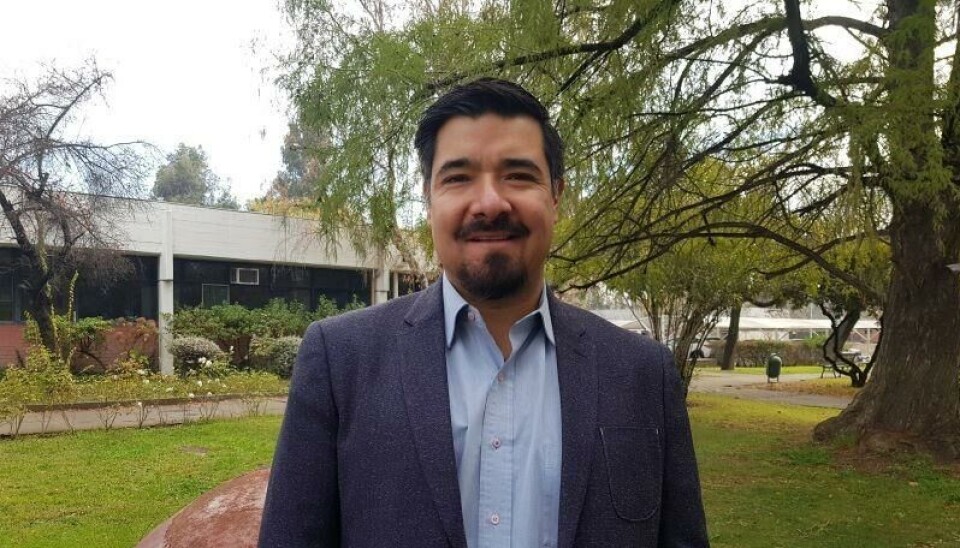
Genetic improvement: "these innovations lay the foundation for more sustainable aquaculture"
National and international experts will deliver a course focused on training professionals in the latest techniques and advances in aquaculture genetics and genomics, with special emphasis on salmon farming.
After a successful first edition in 2019, experts from the University of Chile through the Aquaculture Genomics Lab will hold the second edition of the "Genetic Improvement and Genomic Selection in Aquaculture Species Course", on August 22 and 23 in Puerto Varas.
This course, which includes a series of lectures and practical workshops taught by national and international experts, aims to train professionals, researchers, and students in the latest techniques and advances in the field of genetic improvement and genomic selection applied to aquaculture species.
Dr. José Manuel Yáñez, a scientist and researcher at the university, comments that the realization of this course is in line with the continuous updating and communication of advances in aquaculture genetics and genomics, something crucial to promote the continuous improvement of productivity and sustainability of the industry.
"The application of genomic technologies, along with new technologies (e.g., artificial intelligence and genomic editing), allows the development of more effective selection programs, improving growth, feed conversion efficiency, disease resistance, and product quality. This leads to more sustainable aquaculture practices, with less environmental impact and better animal welfare. Additionally, communicating these advances fosters innovation and knowledge exchange among researchers and producers, strengthening the industry's competitiveness globally," the expert suggests.
The above is in line with the latest advances in salmonid genetics and genomics, such as the use of prioritized genetic variants, obtained through the use of complete genome sequences, which is allowing the maximization of genetic gain and thus generating genetic lines of salmon and trout with desirable characteristics more quickly.
"Gene editing, on the other hand, is not only being used for the validation of genes associated with desired traits under laboratory conditions (in vitro), but also allows the incorporation of favorable alleles directly into living animals. These innovations are laying the groundwork for a more efficient and sustainable aquaculture, ensuring the quality and productivity of salmon in the global market," the scientist highlights.
In the first version of the course, which had more than 40 participants mainly from producing companies, genetic suppliers, and associated genomic services, relevant topics such as the regulation of breeders at sea, fundamental scientific-technical concepts in the implementation of genetic improvement programs, such as heritabilities, correlations and estimation of genetic values, inbreeding, as well as the most relevant aspects in the implementation of genomic selection and resistance to infectious and parasitic diseases were addressed.
"It should be noted that the course has a purely productive focus and the application of technologies in the context of the industry's reality. In this sense, the first version generated considerable interaction and a very fruitful discussion with the participants based on their own experiences and those of the team that taught the course, who have outstanding experience in the implementation and optimization of genetic improvement programs in various aquaculture species, something that we will emphasize again in this second version," emphasizes the researcher from the University of Chile.
ISGA
Related to the same topic, the organization of the renowned International Symposium on Genetics in Aquaculture (ISGA) announced that the 15th version will take place between May 11 and 17, 2025 at the University of Cádiz, Spain.
The congress, whose last edition was held in our country in 2022, seeks to facilitate fruitful and intense dialogue and interaction among international scientists and industry stakeholders to share knowledge, establish collaborations, and strengthen working groups to drive innovation in the aquaculture industry.
On this occasion, the symposium is jointly organized by the University of Cádiz (UCA), the Andalusian Institute of Agricultural and Fisheries Research and Training (IFAPA), and the international campus of excellence in marine sciences (CEI·MAR).


















